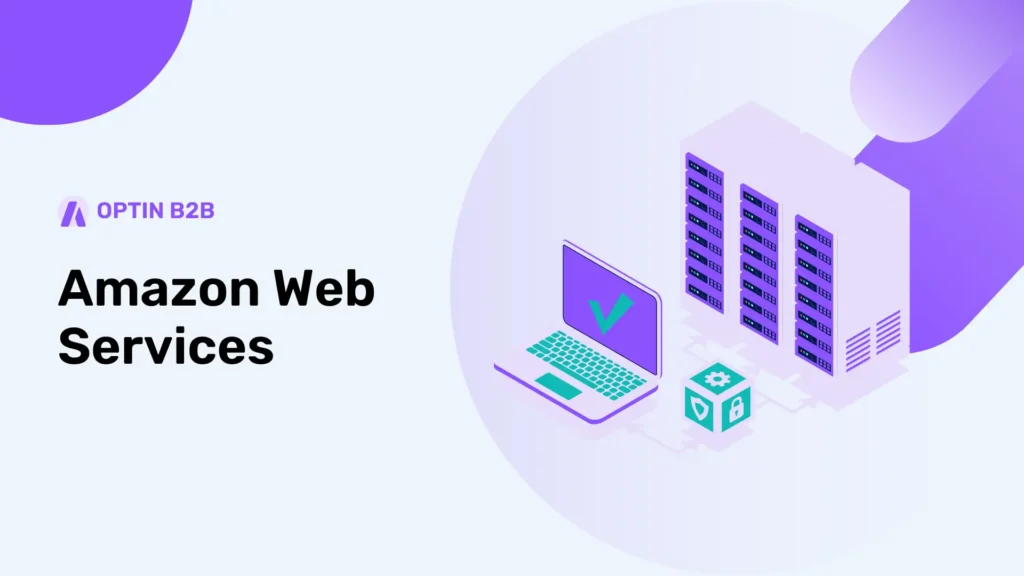Cloud Computing: A Catalyst for Digital Transformation Across Industries
Cloud computing has emerged as a driving force in the digital transformation journey of businesses across the globe. From startups to established enterprises, organizations are increasingly relying on cloud solutions to scale their operations, enhance customer experiences, and optimize business processes. The flexibility, cost-efficiency, and agility offered by cloud platforms are enabling businesses to innovate faster and respond to market changes more effectively. One of the primary advantages of cloud computing is its ability to reduce the upfront costs associated with hardware, software, and infrastructure maintenance. By moving to the cloud, businesses no longer need to invest in expensive servers or maintain complex IT infrastructures. Instead, they can pay for only the resources they use, leading to significant cost savings. For example, cloud platforms like Amazon Web Services (AWS), Google Cloud, and Microsoft Azure provide on-demand computing power and storage, making it easier for companies to scale their resources as their needs evolve. In the e-commerce sector, cloud computing has transformed how businesses interact with customers. Online retailers like Shopify use cloud-based platforms to host their e-commerce websites, manage customer data, and provide personalized shopping experiences. Cloud solutions enable businesses to gain deeper insights into consumer behavior, streamline order fulfillment, and improve inventory management. The scalability offered by cloud platforms allows businesses to handle surges in traffic, especially during peak shopping seasons, without compromising performance. Cloud computing is also reshaping industries like healthcare, finance, and manufacturing. In healthcare, cloud-based electronic health record (EHR) systems are enabling healthcare providers to store, access, and share patient information securely. Companies like Cerner and Epic Systems are leveraging the cloud to enhance patient care and improve operational efficiency. Similarly, financial institutions are moving to the cloud for secure data storage, data analytics, and customer relationship management. Cloud-based solutions like Salesforce and Workday are helping financial organizations streamline operations, reduce fraud risks, and provide better customer service. However, with the numerous benefits of cloud computing come certain challenges, particularly in terms of security and data governance. As organizations increasingly store sensitive data on cloud platforms, it’s critical to ensure that robust security measures are in place. Leading cloud providers like AWS, Google Cloud, and Azure offer a range of security features such as encryption, identity management, and multi-factor authentication to safeguard data. Businesses must also be diligent in adhering to data privacy regulations like GDPR to maintain compliance and protect customer trust. The future of cloud computing is poised for continued growth, driven by advancements in technologies such as edge computing, artificial intelligence (AI), and machine learning (ML). These innovations will further enhance the capabilities of cloud platforms, enabling businesses to process and analyze data in real-time, improve decision-making, and deliver more personalized experiences to customers. As cloud adoption continues to rise across industries, businesses that embrace these technologies will be well-positioned to thrive in an increasingly digital world.


